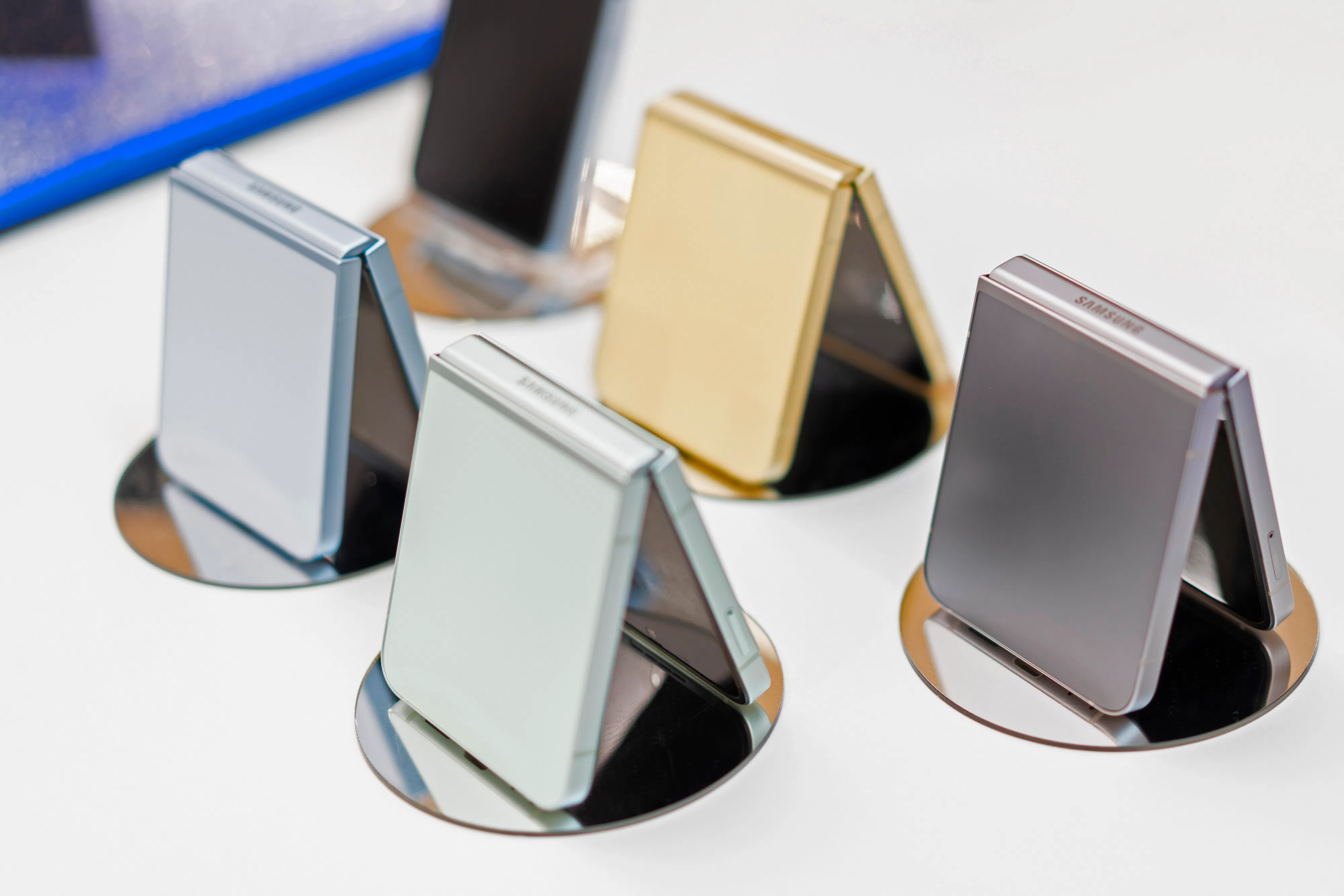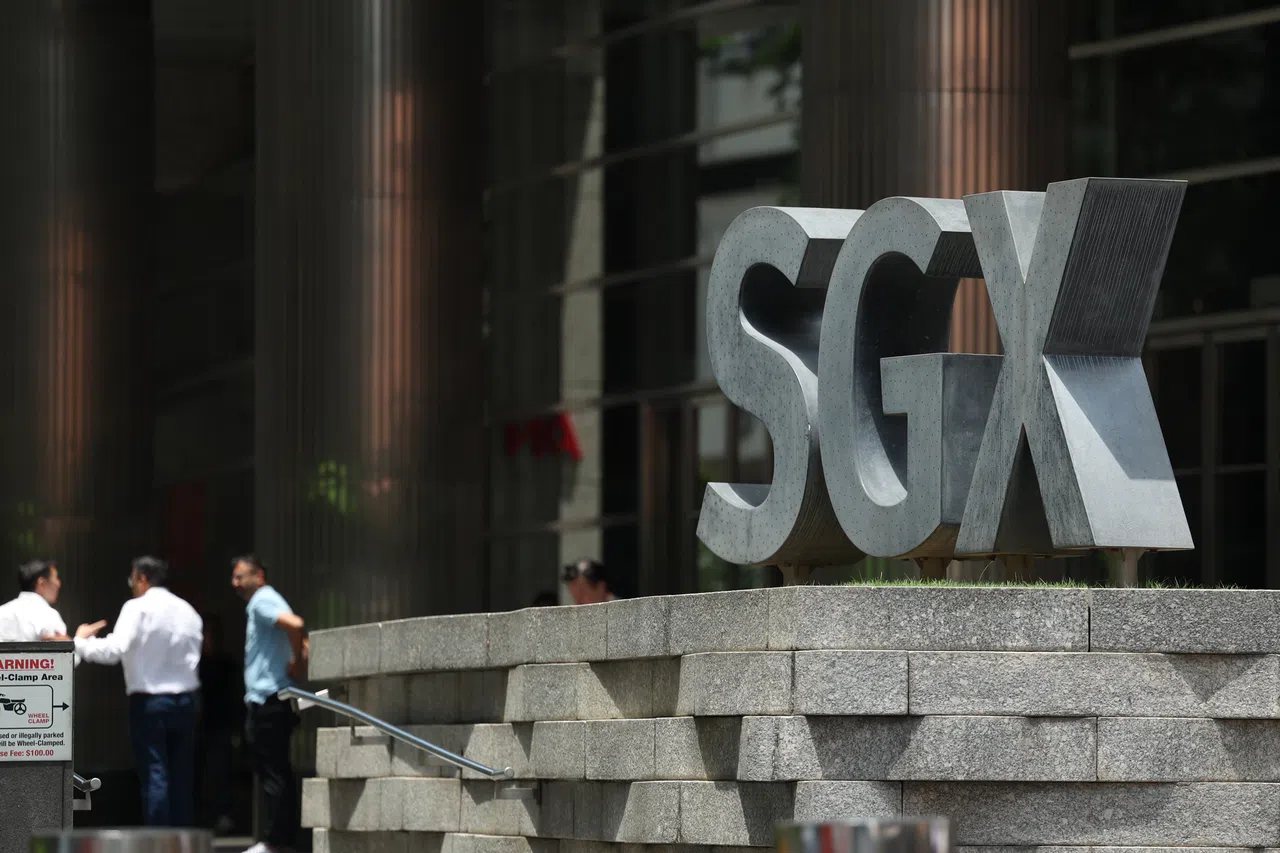SAMSUNG Electronics sees the addition of artificial intelligence (AI) features as the key to reclaiming its title as the world’s leading maker of foldables, mobile chief TM Roh said on the eve of unveiling its latest models.
The company that pioneered the foldables segment in 2019 staged a gala event in Paris on Wednesday (Jul 10) to unveil its new products, the US$1,100 Galaxy Z Flip 6 and US$1,900 Galaxy Z Fold 6. Both are the slimmest and lightest iterations of their respective lines and both come with a price tag that’s US$100 higher.
Samsung’s new phones add a bevy of new AI features that Roh said would help differentiate the company’s products and fire up sales. Among them is an automatic interpreter that now works with calls in social apps such as WhatsApp or WeChat to allow people to converse in different languages, extending the function first introduced with regular phone calls with the Galaxy S24. Samsung’s Galaxy AI suite also benefits from Google’s AI tools, which the Alphabet unit is propagating across Android.
“We continue to work closely with Google on our Galaxy devices because they are our strongest partner ever,” 55-year-old Roh said. But Samsung is working with other partners, such as Microsoft and its Copilot+ Windows software, and is open to collaborating with AI startups to meet the evolving consumer demands from this rapidly developing field of technology, he added.
Rick Osterloh, Google’s senior vice-president of platforms and devices, also reaffirmed the company’s plans to roll out an extended-reality headset platform with Samsung. Roh said separately on stage that Samsung’s XR device is “coming this year”.
Roh has sought to position Samsung as the purveyor of open standards and ecosystems, in contrast to Apple’s proprietary tech, and the new foldable Galaxy handsets come only weeks ahead of the debut of iPhones with Apple’s new AI services on board. More challenging in the foldable segment, perhaps, will be competition from Chinese Android device makers, which have accounted for much of the growth in the category over the past year.
BT in your inbox
Start and end each day with the latest news stories and analyses delivered straight to your inbox.
“China’s local service content ecosystem is very strong, and we have been working very closely with the big service content companies to optimise for the Chinese market,” Roh said. The executive had put a priority on breaking through in China – the world’s biggest smartphone market, where Samsung commands only a small fraction of sales – and is now pursuing that goal by targeting the premium tier with products better customised for the local consumer. “For the Chinese Galaxy AI, we are going to have strategic cooperation with big Chinese IT companies.”
Samsung adopted Baidu’s AI tools for its Galaxy S24 release in China earlier this year, substituting Google, whose software is not available in China. Roh declined to specify what additional partners Samsung may be working with or consider, but nodded that the Baidu linkup will continue.
The new handsets’ improvements come largely on the software side. The updated Samsung Keyboard will generate text based on keywords, reflecting the user’s usual tone by analysing their previous social media posts. Samsung’s S Pen stylus on the Fold can also be used to sketch an idea or draw on top of photos, which the device will then convert into a generated image.
The new foldables come as part of a wave of new devices introduced by Samsung in Paris. The company’s effort to build out an ecosystem of products leans heavily into health and wellness as well as the premium segments of each category, with the highlight debuts being the new US$400 Galaxy Ring and US$650 Galaxy Watch Ultra. Samsung also introduced refreshed models of its Galaxy Buds earphones, starting at US$180, and a US$300 Galaxy Watch 7. The company is opening pre-orders immediately. BLOOMBERG






